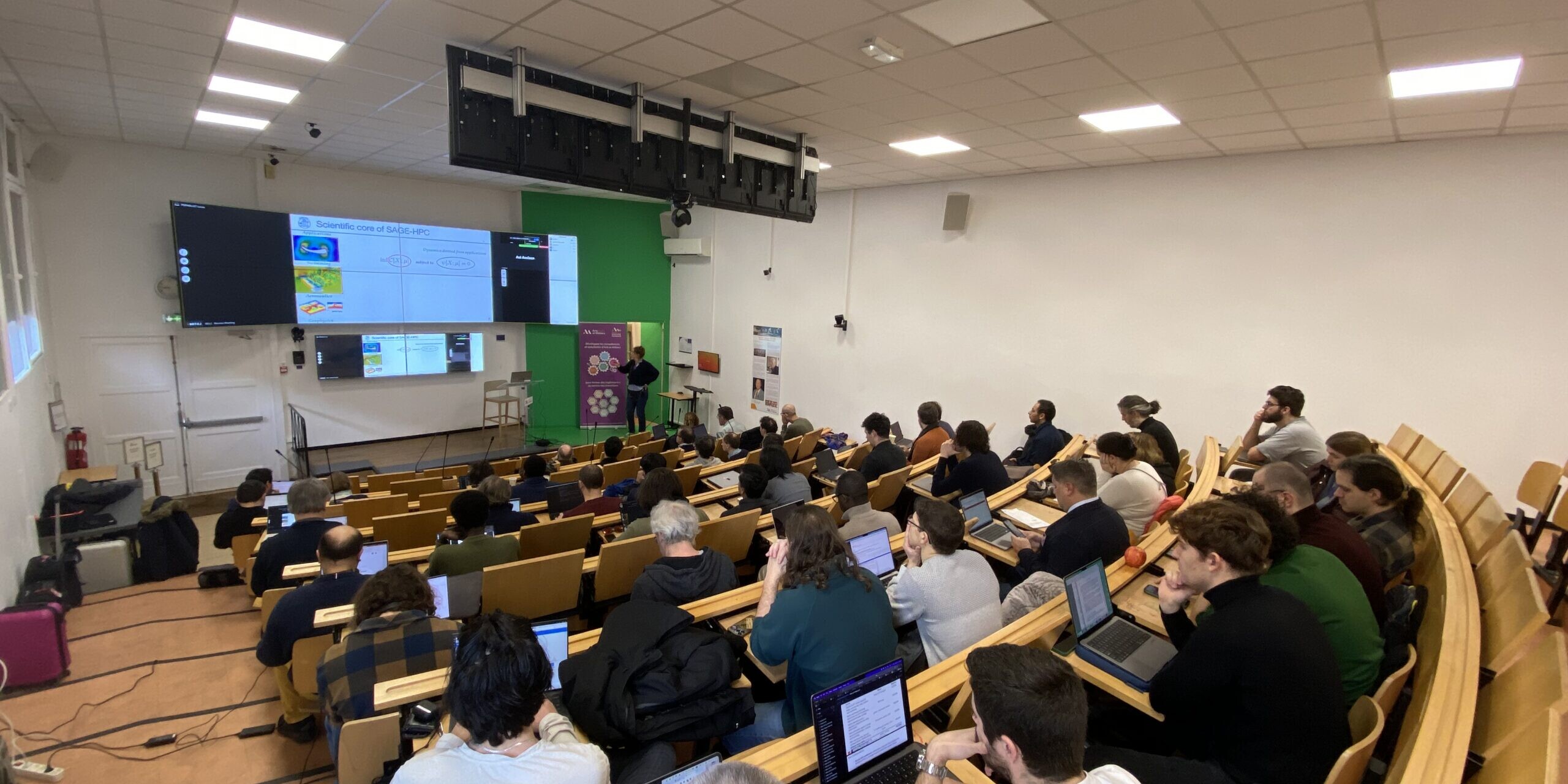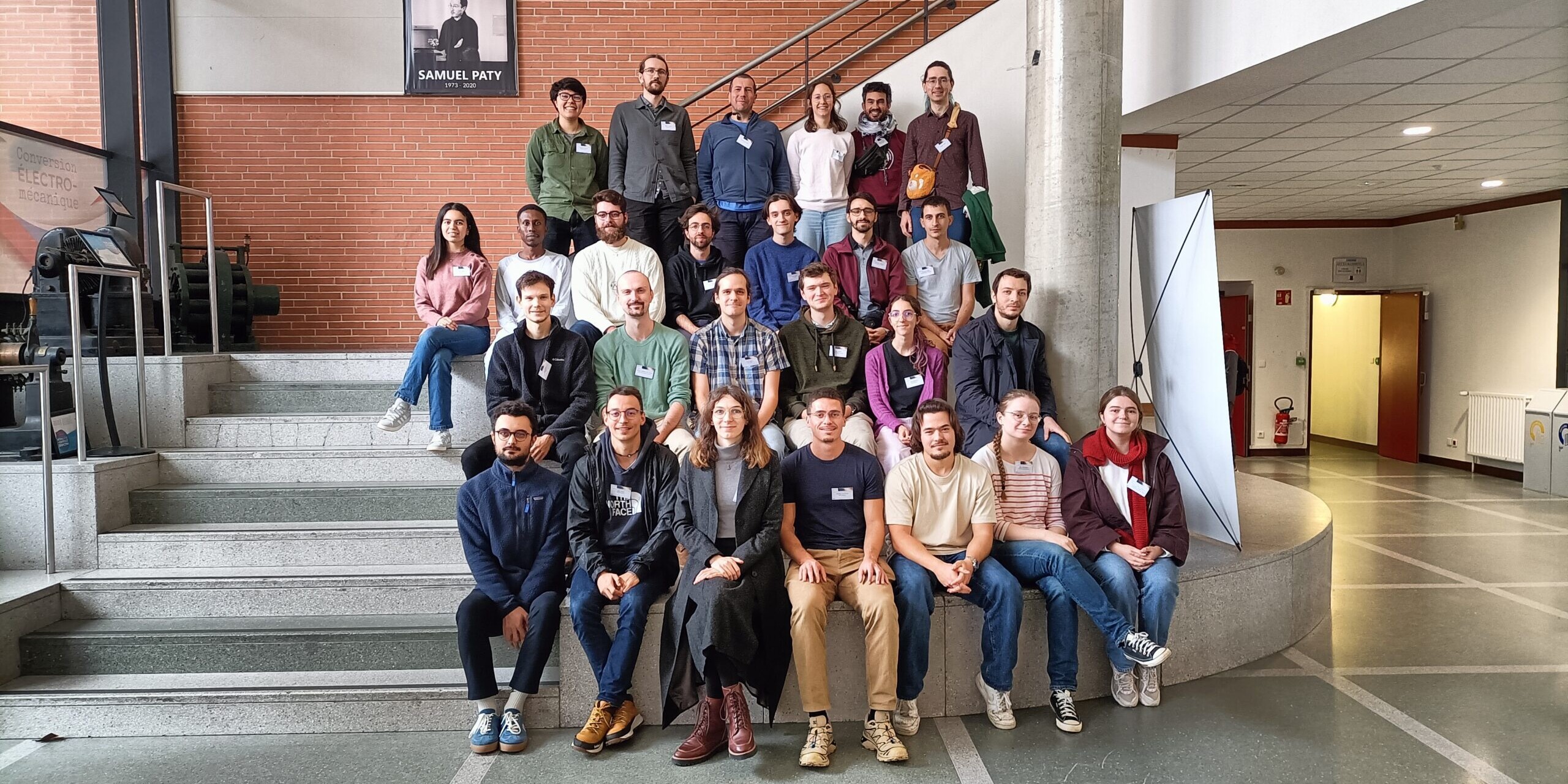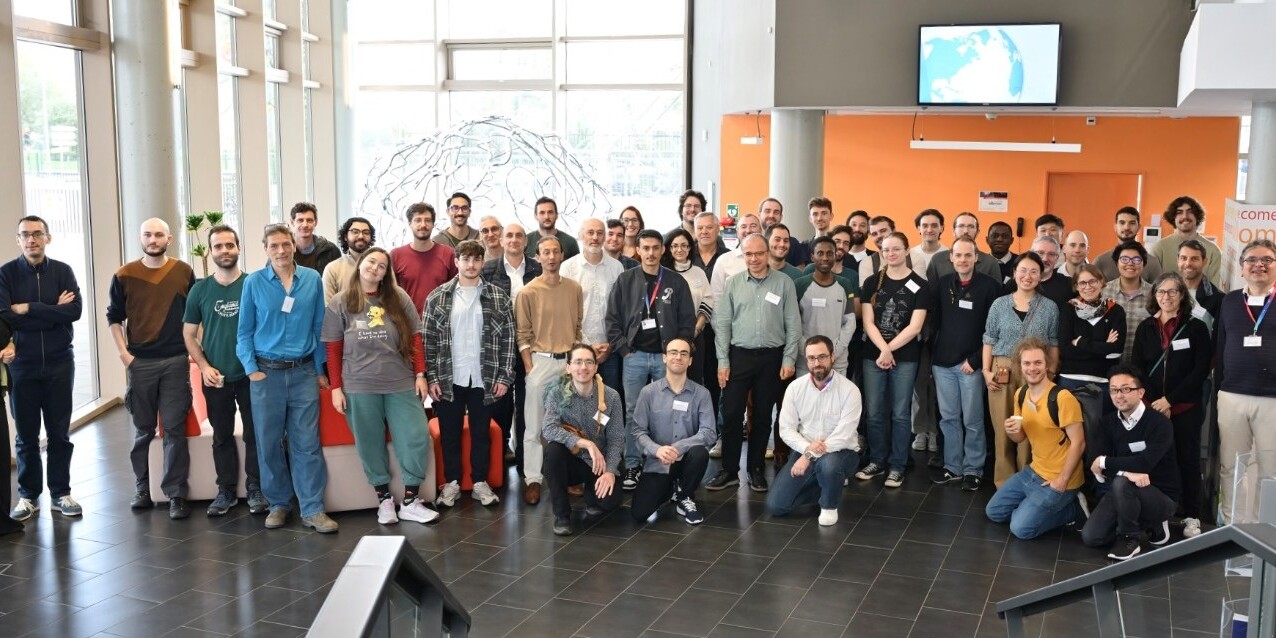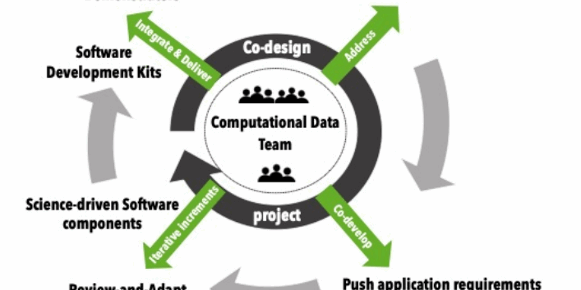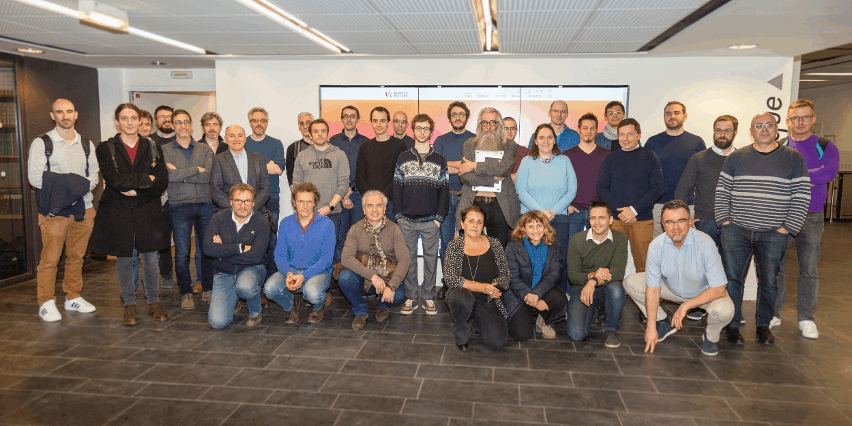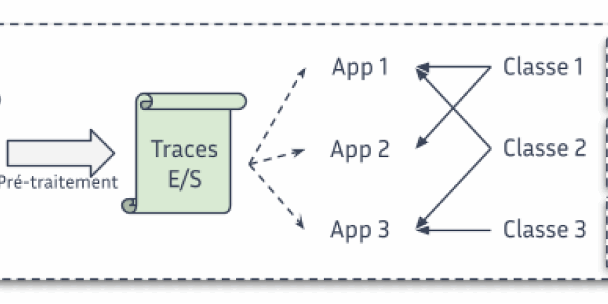Find all the information about Exa-AToW here.
The environmental footprint of scientific computing goes far beyond electricity consumption. Impacts-HPC introduces a comprehensive framework to assess the full life-cycle impacts of HPC, from equipment manufacturing to energy use, through key environmental indicators.
The environmental footprint of scientific computing is often reduced to electricity consumption during execution. However, this only reflects part of the problem. Impacts-HPC aims to go beyond this limited view by also incorporating the impact of equipment manufacturing and broadening the spectrum of indicators considered.
This tool also makes it possible to trace the stages of a computing workflow and document the sources used, thereby enhancing transparency and reproducibility. In a context where the environmental crisis is forcing us to consider climate, resources and other planetary boundaries simultaneously, such tools are becoming indispensable.
The Impacts-HPC library covers several stages of the life cycle: equipment manufacturing and use. It provides users with three essential indicators:
• Primary energy (MJ): more relevant than electricity alone, as it includes conversion losses throughout the energy chain.
• Climate impact (gCO₂eq): calculated by aggregating and converting different greenhouse gases into CO₂ equivalents.
• Resource depletion (g Sb eq): reflecting the use of non-renewable resources, in particular metallic and non-metallic minerals.
This is the first time that such a tool has been offered for direct use by scientific computing communities, with an integrated and documented approach.
This library paves the way for a more detailed assessment of the environmental impacts associated with scientific computing. The next steps include integrating it into digital twin environments, adding real-time data (energy mix, storage, transfers), and testing it on a benchmark HPC centre (IDRIS).

Figure: Overview of Impact-HPC.
© PEPR NumPEx
NumPEx Newsletter
Subscribe to our newsletter to stay informed on the latest breakthroughs in High-Performance Computing, Exascale research, and cutting-edge digital innovations.
You may also be interested in these articles
24/02/2026
Trans Numériques 2026
13/02/2026
The 2026 annual meeting of Exa-MA
05/12/2025
The first YoungPEx general meeting
03/12/2025


